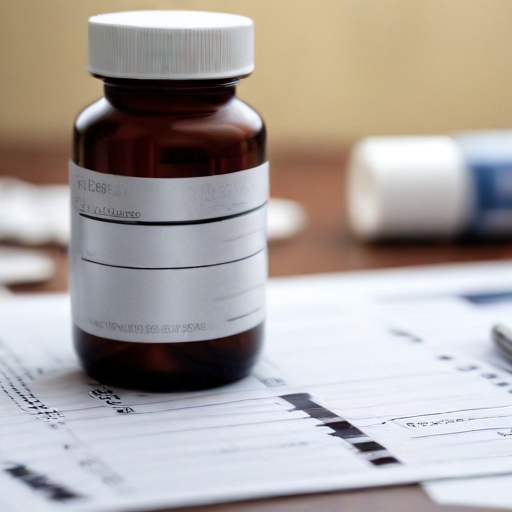A recent report from the House Committee on Oversight and Accountability raises critical concerns about pharmacy-benefit managers (PBMs), indicating that these entities often direct patients towards more costly medications while restricting their pharmacy options.
After conducting a thorough investigation over 32 months, the committee’s findings suggest that PBMs, which serve as intermediaries managing prescription drug plans for health insurers, negotiate prices with pharmaceutical companies and determine patient out-of-pocket costs. Currently, the three largest PBMs—Express Scripts, OptumRx (a division of UnitedHealth Group), and Caremark (part of CVS Health)—control around 80% of prescriptions in the U.S.
The report highlights that PBMs favor presenting higher-priced brand-name drugs over more affordable alternatives. Notably, it cites internal communications from Cigna that discouraged choosing lower-cost alternatives for Humira, a drug for arthritis and autoimmune conditions, despite the availability of a biosimilar at half the cost.
Additionally, the committee pointed out that Express Scripts advised patients that filling prescriptions through a local pharmacy would result in higher costs compared to obtaining a 90-day supply through its affiliated mail-order service. Such practices effectively limit patient choice regarding pharmacies.
Furthermore, a recent report by the U.S. Federal Trade Commission (FTC) echoes these findings, asserting that the consolidation among PBMs has consolidated nearly 95% of all prescriptions filled in the United States. The FTC warns that this concentration might lead to conflicts of interest, where PBMs favor their own affiliated businesses, thus disadvantaging independent pharmacies and increasing prescription drug costs for consumers.
FTC Chair Lina M. Khan underscored the severity of the situation, noting that patients are being overcharged for crucial medications like cancer drugs, generating over $1 billion in additional revenue for these intermediaries.
In summary, the evidence presented by the committee signifies a pressing concern regarding the influence of PBMs on medication accessibility and affordability in the U.S. Healthcare system. While these issues are alarming, they also present an opportunity for reform in the pharmaceutical industry, advocating for greater transparency and competition that can ultimately benefit patients.
The hopeful perspective is that with increasing scrutiny and calls for accountability, there is potential for significant changes that may lead to more equitable healthcare financing and improved access to medications for all patients.
